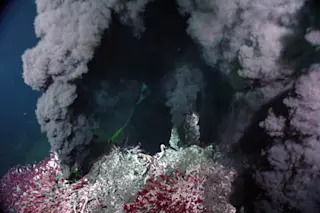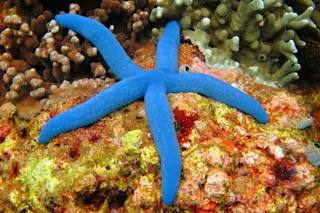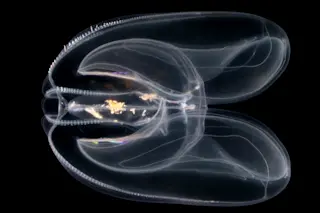Volcanic vents under the ocean may have provided the elements necessary for life to form. Credit: NOAA/Wikipedia Scientists have long pondered how life arose from a primordial soup of inorganic chemicals and began to reproduce. An essential component of this process is DNA, which tells cells how to form and what to do. DNA guides organic processes, yet DNA itself is the result of an organic reaction. So which came first? It’s a microbiological version of the chicken and the egg. In 2014, a group of scientists at the University of Cambridge offered an answer to this age-old question by showing that metabolic reactions producing essential parts of DNA could take place in the early oceans, before life appeared. The researchers used samples of early sediments to reconstruct Earth’s oceans as they appeared billions of years ago, and they found that the available ingredients could react to form important organic ...
Primordial Oceans Had Ability to Regulate Organic Reactions
Explore how early oceans and life formed through complex metabolic reactions driven by iron as a catalyst in a primordial environment.
More on Discover
Stay Curious
SubscribeTo The Magazine
Save up to 40% off the cover price when you subscribe to Discover magazine.
Subscribe













